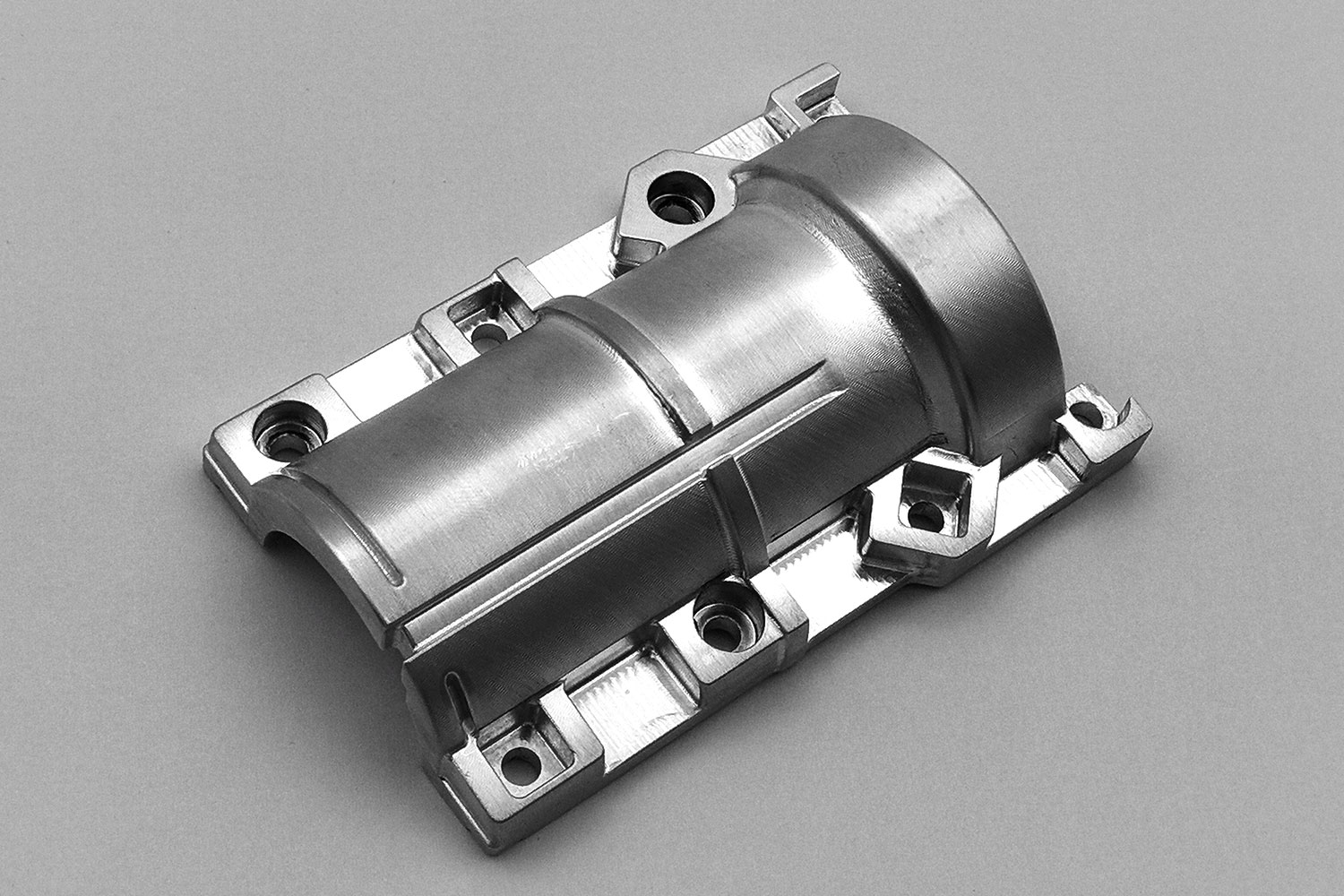Time to read: 6 min

Overview of 6061 Aluminum Alloy
Known for its versatility, 6061 aluminum is a popular choice in the 6000 series. It is favored for its balance of mechanical properties, including good machinability, corrosion resistance, and moderate tensile strength. The alloy's composition, which includes magnesium and silicon as the primary alloying elements, contributes to its workability and structural integrity.
Key Attributes of 6061 Aluminum:
- Excellent machinability and weldability.
- Good resistance to corrosion.
- Widely used in extrusion projects due to its workability.
- Cost-effective for various applications.
Typical Applications of 6061 Aluminum:
- Automotive and aerospace components.
- Electrical products and piping systems.
- Consumer goods and building products.
Overview of 7075 Aluminum Alloy
7075 aluminum, a member of the 7000 series, is distinguished by its high strength-to-weight ratio. With zinc as its main alloying element, it is particularly known for its superior strength, making it a top choice in the aerospace and defense industries. Despite its higher cost compared to 6061, the alloy's ability to withstand high stress and fatigue without failure justifies its use in critical applications.
Key Attributes of 7075 Aluminum:
- Exceptional strength and fatigue resistance.
- Responds well to heat treatment, enhancing its mechanical properties.
- Less weldable but machinable.
- Utilized in high-stress environments.
Typical Applications of 7075 Aluminum:
- Aircraft structures and missile components.
- High-precision tools and machinery.
- Bicycle frames and other sports equipment.
Comparative Analysis: 6061 vs. 7075 Aluminum
When selecting between 6061 and 7075 aluminum, consider the following comparative factors:
Chemical Composition:
- 6061 has higher aluminum content with magnesium and silicon as primary alloying elements.
- 7075 is characterized by higher zinc and copper content, contributing to its strength.
Mechanical Properties:
- 7075 exhibits higher yield strength and hardness, making it more suitable for heavy-duty applications.
- 6061 offers better thermal conductivity and slightly higher electrical conductivity than 7075.
Fabrication and Machinability:
- 6061 is easier to machine and form due to its lower hardness and tensile strength.
- 7075, while machinable, requires more care in fabrication due to its higher strength.
Corrosion Resistance:
- 6061 provides better corrosion resistance, making it ideal for applications exposed to various environmental conditions.
Cost and Availability:
- 6061 is generally more cost-effective and readily available, while 7075 is more expensive due to its specialized properties.
Which Alloy Should You Choose?
The choice between 6061 and 7075 aluminum depends on your project's specific requirements:
- Opt for 6061 if you need a material that is easy to machine, offers good corrosion resistance, and is cost-effective.
- Choose 7075 when high strength, fatigue resistance, and the ability to withstand high temperatures are critical for your application.
Unofactory Expertise in Aluminum Fabrication
At Unofactoryt, we specialize in providing tailored manufacturing solutions, including the use of various aluminum alloys like 6061 and 7075. Our expertise in material selection and fabrication ensures that your project meets its performance objectives while staying within budget.
Conclusion
Understanding the differences between 6061 and 7075 aluminum alloys is crucial for selecting the appropriate material for your project. Consider factors such as mechanical properties, fabrication requirements, and cost implications. For assistance in choosing the right alloy or for expert fabrication services, reach out to Unofactory.




